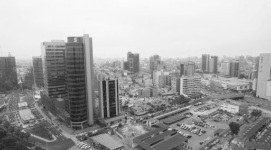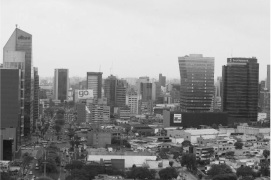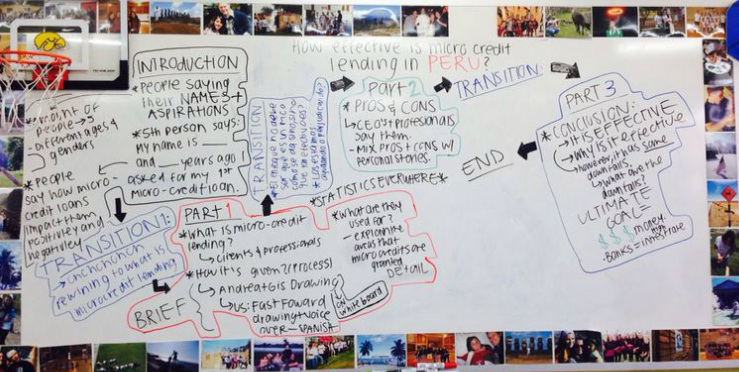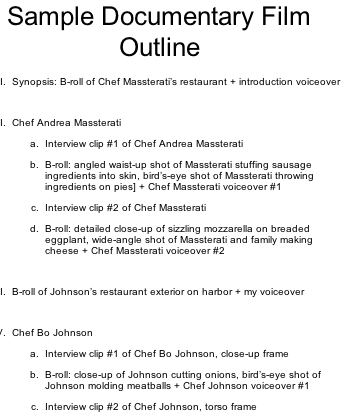| 🎥 🎥 🎥 🎥 Even the smallest projects we take on end up leaving us with tons of work. Why? Because everything we do matters, and we want to create beautiful work. 🎥 🎥 🎥 🎥 | |
When we started this project and chose our topics I couldn't wait to begin filming. I still carry all this enthusiastic emotions, which drive me, and as I learn more about my topic I get more anxious to do the film. However, I didn't realize the MAGNITUDE of this challenge until today. Creating a documentary is NOT easy. People study film making, script writing, even spend months doing research and all kinds of things to produce professional documentary films. It is not only about doing the research, creating an outline, shooting and editing the film. Every step has to be slowly developed and completed in order for the film to be SUCCESSFUL.
| Microcredit lending is not a straightforward topic, especially if you learn it by yourself. Google has been our main source to understand the most basic concepts and ideas. Nonetheless, going OUT and talking to REAL professionals has been our most valuable source. We've learned so much by visiting experts in this field that work on microcredit lending or something related EVERYDAY. There will never be a point were we collet enough information or we have learned everything. As we reach out to people, contact them and meet them we are learning new things about micro credits. Therefore by the end of this film we will be able to answer our question and be extremely knowledgable about the topic but there will still be somethings out there that we will learn. |
Moreover, as we move onto the film planning it has been hard to build an outline. Gisella and I have learned so much that when we begun planning the film, outline and script, we had trouble deciding what to incorporate in the documentary. As I mentioned before we have learned so much about this topic that it has been tough leaving things out. As we were creating our first outline we were able to separate the information into two parts: things we needed for our documentary and were answering the question and just important things we learned about micro credits. With the help of this information separation we were able to develop a concise and complete outline for our film.
| Furthermore, during class we shared our outlines with a partner to receive feedback. As I was talking to DD about her script I realized how important this component is and thus Gisella and I should develop ours in further detail. She included emotions she wanted convey, angles and effects she wanted to use, questions she wanted to ask and more. It was very SMART because when she was attending her interviews she knew specifically what and how to film. I realized that if we developed our outline more it would help guide the filming process better because this way we would know exactly what to ask to who and how and what we need to capture in video. Additionally, it would help us know what parts of the documentary we have completed and what footage or voice over we are missing. |
I have been developing, along with Gisella in Spain, the outline in further detail. Little by little it is turning into a script. We have developed questions of thing we want to include in the film and specific shots we want to use for different effects. While doing this today I have realized how many footage we are missing and what things we need to repeat. If we take this week to develop the outline/script in detail and have a finalized version by the end of the week we will be able to do the filming much easier. Also, I understand that somethings are hard to determine now like some transitions or specific dialogue which will come as we go. However, we want to take the time to do this because we don't want to forget to ask something or film a specific part in the meetings because they only happen one time. It will also help us be more PRODUCTIVE.
OUTLINE/SCRIPT⤸
✍GOALS for this week: | FILMING: |




 RSS Feed
RSS Feed
